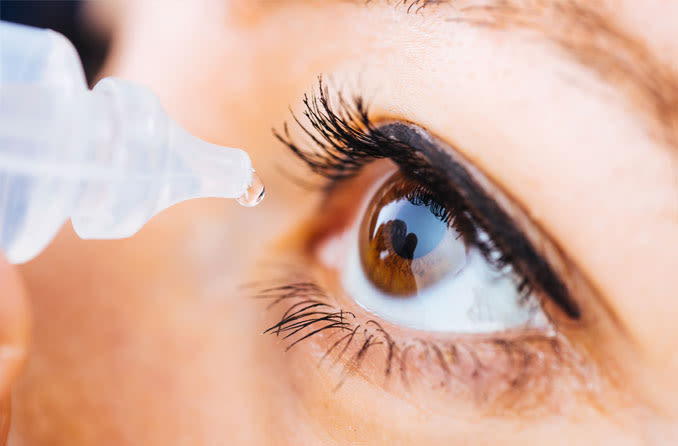
4 Tips To Deal With Dry Eyes
Having dry eyes usually sneaks up on you without any signs or symptoms. However, it can seriously affect your vision and general health, especially if you partake in many habits damaging to the eyes. For example, if you are an avid reader, computer user, or spend long hours in front of a screen every day, then it’s normal for you to experience dry eye symptoms. The condition is linked to exposure to digital devices or any environment with low humidity and high heat.
The discomfort caused by this condition may be minor at first, but over time it can cause irreversible damage to the eyes and sight if left untreated. Therefore, if you suspect that your eyes are trying to tell you something about their current state of health and not just because they’re feeling a little scratchy today, read on to learn how to deal with dry eye syndrome fast, as well as other similar issues, such as MGD.
Turn On the Humidifier
If you spend a lot of time in dry environments, such as on an airplane, in a dusty environment, or have your home’s heating cranked up in the winter, you can quickly develop dry eye syndrome. If you’re not careful, these conditions can quickly lead to more severe problems such as corneal damage, eye infections, and even blindness if left untreated. You can easily prevent the onset of dry eye syndrome by buying a humidifier for your home. This device will keep your home’s humidity levels healthy, reducing your chances of developing or worsening dry eye symptoms.
Also, if you spend a lot of time at work in a dry environment, like an office with poor HVAC systems, or travel frequently, you might want to bring a humidifier. You’ll also want to keep one at home to prevent your family from developing dry eye symptoms. Of course, if you experience dry eye syndrome, you can always turn the humidifier on and off to maintain healthy humidity levels.
Get a Quality Pair of Sunglasses
If you’re experiencing dry eyes, you should start wearing quality sunglasses. The sun’s UV rays can quickly cause damage to your eyes, especially when you’re experiencing symptoms like dryness and inflammation. While it may seem like you’re overreacting, protecting your eyes from the sun’s harmful rays will help to prevent the onset of more serious eye conditions like cataracts and macular degeneration. Investing in a quality pair of sunglasses that not only block out harmful UV rays and protect your eyes from glare is a good idea.
In addition, if you spend a significant amount of time outdoors, it’s a good idea to wear sunglasses even when the sun isn’t out. This will help to reduce your chances of developing or worsening dry eye symptoms. In addition, if your eyes are experiencing dryness, redness, and itchiness due to exposure to sunlight, wearing sunglasses can help to alleviate these symptoms while they’re at their worst.
Eyedrops for Dry Eyes
If you’re experiencing dry eye syndrome, it might be a good idea to try eyedrops for dry eyes. Eyedrops for dry eyes provide your eyes with a quick fix for symptoms such as scratchiness, sensitivity, and itchiness. The active ingredients in these drops are usually lubricants that help soothe and moisturize your eyes.
You can also get pre-moisturized pads that ease your symptoms if you have dry eyes or MGD, otherwise known as Meibomian Gland Dysfunction. Treatments for MGD include these pre-moisturized pads and warm compresses, antibiotics, and eye drops. It’s important to note that most eye drops for dry eyes are intended for short-term use. They generally last between 6 to 8 hours but can last even longer if you have mild dry eye syndrome. You should be able to find a quality product at your local pharmacy.
Eat Healthy and Stay Well Hydrated
Dry eye syndrome is a condition that occurs when your eyes don’t produce enough tears. This can easily lead to dry, scratchy eyes and other serious eye problems. To prevent and treat dry eye syndrome, it’s essential to maintain a healthy diet and stay hydrated throughout the day. You should maintain a balanced diet with lots of fruits and vegetables, as these foods contain essential vitamins and minerals that promote eye health.
If you’re experiencing long-term eye symptoms, you should start adding more water to your diet. The human body is approximately 50% water, so we must constantly replenish our water intake to stay healthy and hydrated.




